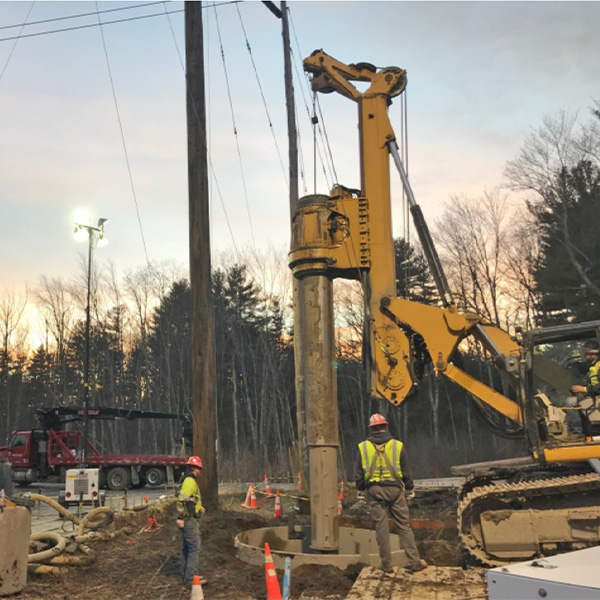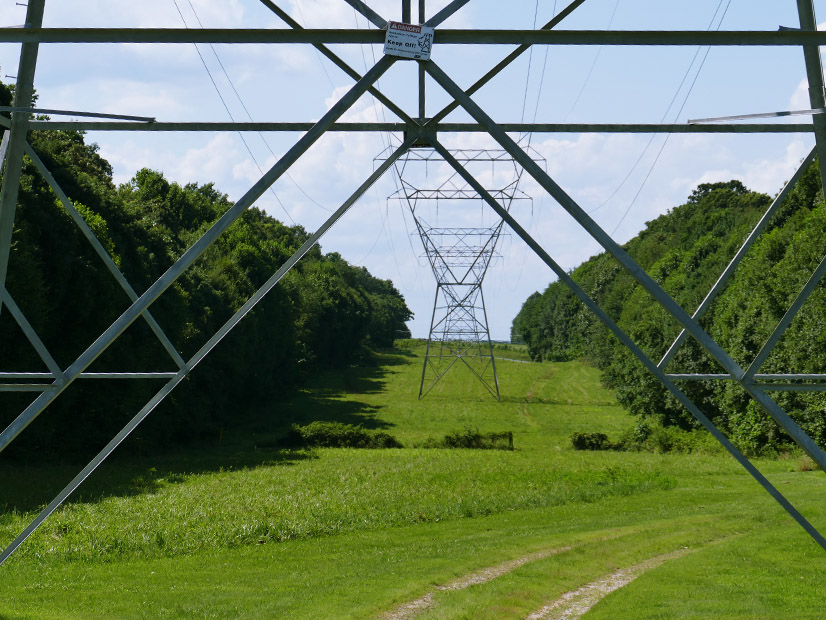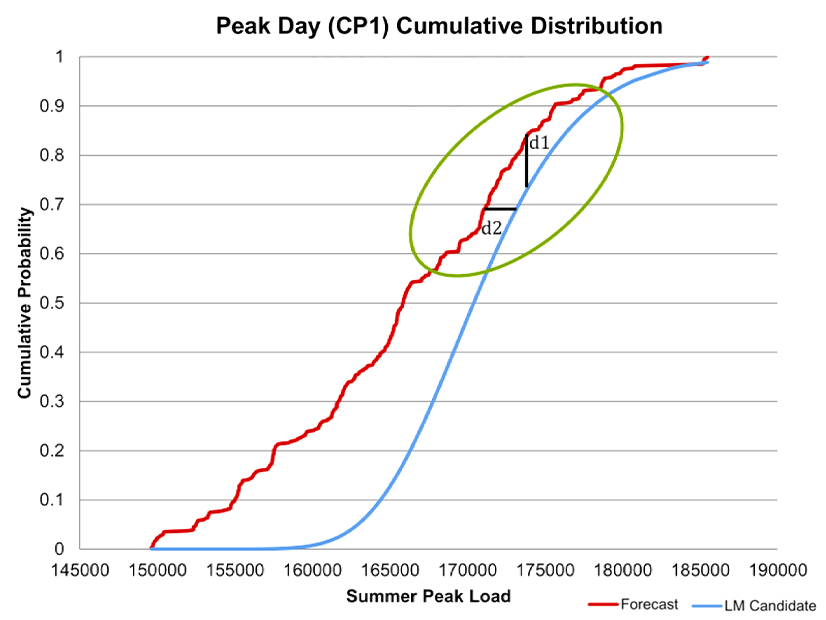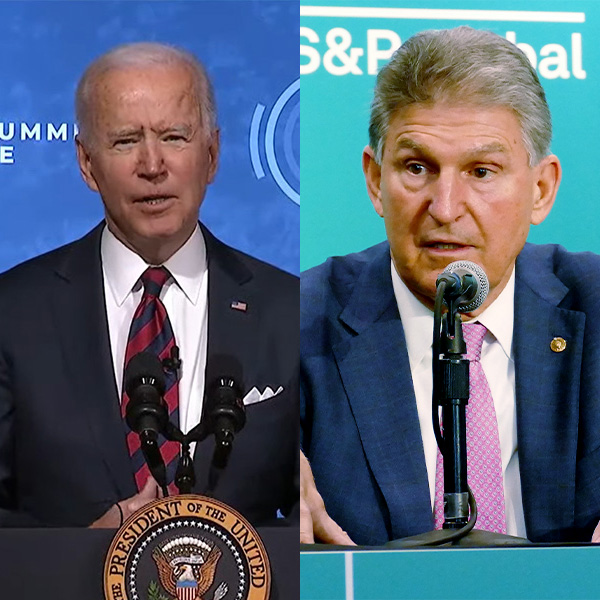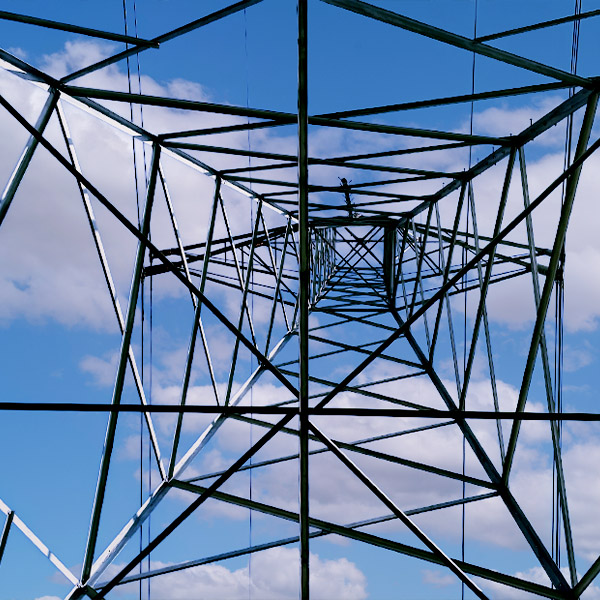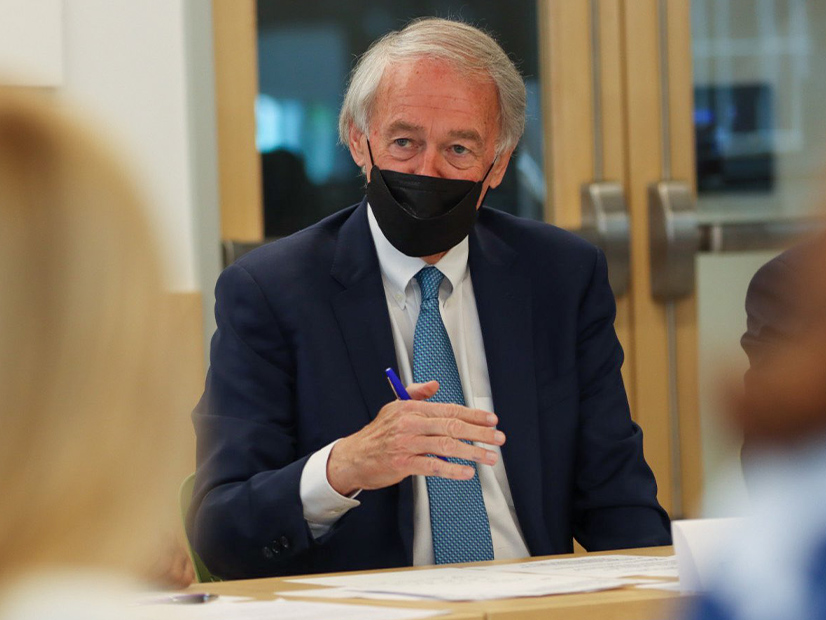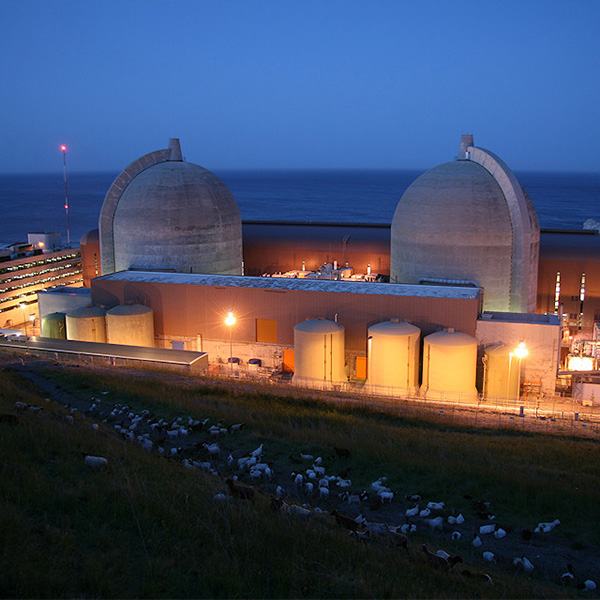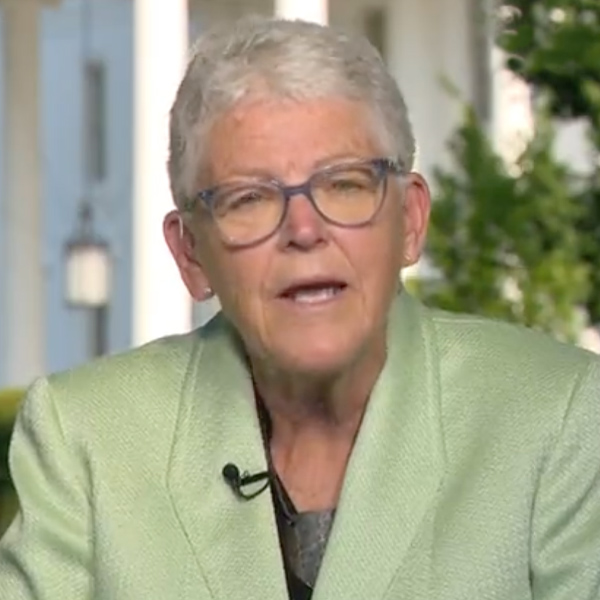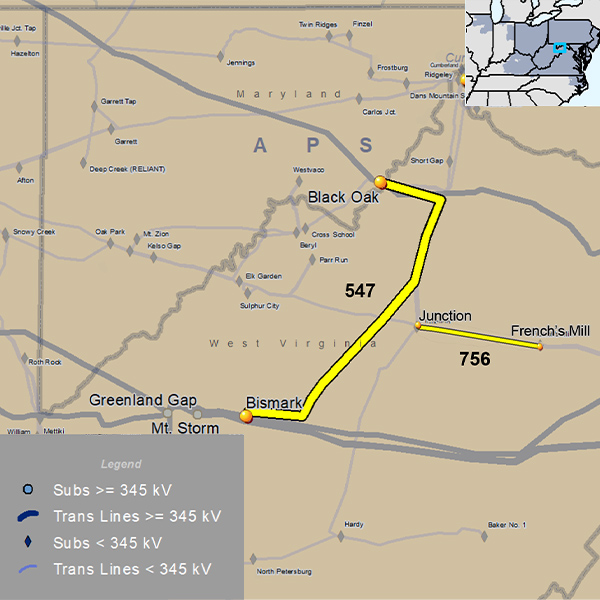FERC & Federal
The Federal Energy Regulatory Commission is an independent regulatory agency that oversees the transmission of electricity, natural gas and oil in interstate commerce, as well as regulating hydroelectric dams and natural gas facilities.
When would consumers like to pay a transmission owner’s return on project costs — before and during construction or when the project is completed?
Stakeholders welcomed proposed changes to PJM’s interconnection procedures as long overdue but challenged the RTO’s timeline and transition plans.
A debate over PJM's proposed load model, and discussions of generator deliverability testing and FERC NOPRs highlighted the Planning Committee meeting.
With Sen. Joe Manchin shutting down negotiations over a package that includes clean energy incentives, many suggest answers to the question of what comes next.
The D.C. Circuit Court of Appeals endorsed FERC over Entergy Arkansas in a disagreement over MISO’s cost allocation for interregional transmission projects.
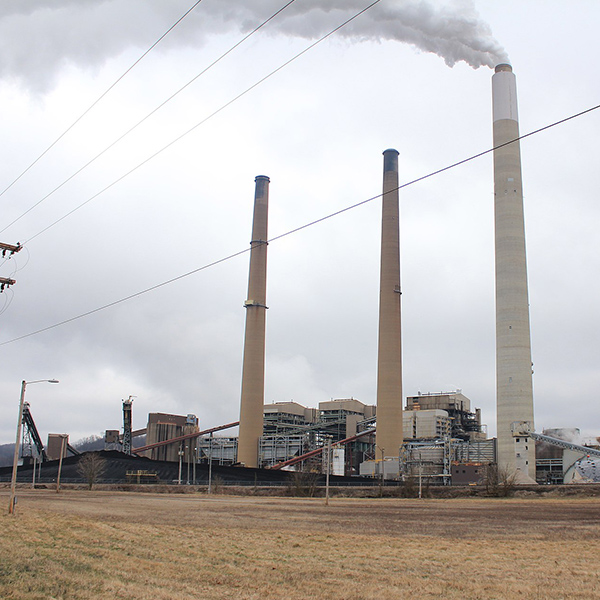
FunksBrother, CC BY-SA-4.0, via Wikimedia
A panel of legal experts said the Supreme Court decision in West Virginia v. EPA could place constraints on congressional efforts to address climate change.
An ISO-NE official sat down with some of the RTO’s biggest critics, including Sen. Ed Markey, who pushed her on its clean energy efforts and transparency.
The U.S. Department of Energy made changes requested by California to help postpone the retirement of Diablo Canyon, the state's last nuclear plant.
The Biden administration will continue to seek private industry's help in cutting GHG emissions following the Supreme Court ruling limiting EPA's powers.
Columnist Steve Huntoon is disillusioned by FERC's retreat from Order 1000's requirements for competition in transmission.
Want more? Advanced Search
